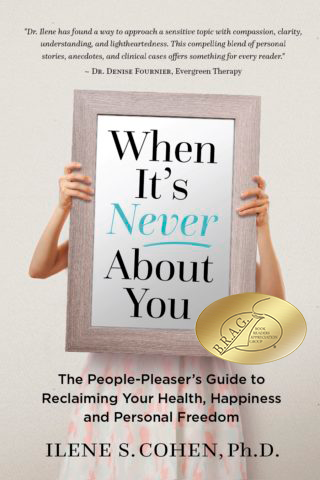
As a Baby Duck Listens to Thunder
An Anecdotal Look at My Life as a Foreign Expert in English at South China Teacher's University in Guangzhou, China, 1982-83
by Martha Kennedy
| Website(s) | |
| Genres | Non-Fiction |
| Buy Now | Amazon.com Amazon.co.uk Amazon Black & White Cover |
| Video Trailer | Watch Trailer |
Synopsis
In the winter of 2018, I was reading one of the blogs I follow on WordPress. There I saw photos of my “Chinese hometown” — Guangzhou. An Indian businessman was writing about sightseeing, and he mentioned that he wished he knew what the city was like before modernization. I badly wanted to tell him. That inspired me, finally, to scan the hundreds of 35 mm slides my ex-husband and I took during the year we were teaching in Guangzhou. Many had faded out of recognition. Others had shifted on the color spectrum to Warholian silkscreens, but the rest were clear, evocative of the year that defined me as a teacher and as a person.
From that came As a Baby Duck Listens to Thunder. It’s an anecdotal look at my experiences as a Foreign Expert in English at South China Teacher’s University in Guangzhou (Canton). It is available for Kindle and two paperback formats: the red cover has full-color illustrations; the black and white cover has black and white illustrations.
In 1982, even in a city historically as cosmopolitan as Guangzhou, there was only a handful of non-Asian foreigners. China had been “open” for only a short time, and even then the “openness” was relative. My blogging pal’s photos showed me the “after” pictures to my “before” photographs. I was struck most by his photos of the “Pearl River New Town” with its shops, malls, museums, elaborate communal squares, parks. That was where I lived, and in 1982 it was farms and villages.
I also realized from his photos that I had seen the beginnings of this incredible change. Riding my bike into the city from the village where my university was located I rode on the bed of what would become a major freeway. Such an eventuality was so far from the day-to-day reality in which I lived, that I couldn’t imagine the modernization in which, in truth, I had a part.



















